FORWARD OPERATING BASE BERNSTEIN, TUZ, Iraq - A day in the life of a combat medic at FOB Bernstein is never boring. Assigned to the Special Troops Battalion, 3rd Infantry Brigade Combat Team, 25th Infantry Division, medics stay busy treating Soldiers throughout Salah ad- Din province.
"We treat any injury or illness that comes our way," said Sgt. Mark Wagner, of Spokane, Wash. "We'll sew people up, prescribe medication for illness and examine all kinds of injuries."
Additionally, Wagner further went on stating medics treat the occasional sprained ankle or skinned elbow, since playing sports is a common activity for Soldiers to stay fit and combat ready.
Interestingly enough, Wagner notes the most common treatments is for allergies and the common cold.
Spc. Michael Correa, a Combat Medic from Kaneohe, Hawaii, goes out on missions to the local communities every day. When he's inside the FOB's gates, he works diligently on maintaining the medical vehicles, treating Soldiers and studying. "We see five or six patients per day," said Correa.
While on base, STB medics train other Soldiers become qualified as Combat Lifesavers - Soldiers who are first responders on the battlefield when there isn't
a medic present. Further, they [combat medics] also train personnel on specifics, such as administering an IV, when requested.
As a Level I facility, the Aid Station can treat a wide range of medical conditions. However, they have to draw the line when it comes to x-rays and lab work - but only because they don't have the equipment available. If a Soldier requires care beyond the scope of the aid station they may be flown or driven to another medical facility which is more expansive and better equipped for treatment.
Army medics are only allowed to treat Iraqis if their injury could cause loss of life, limb or eyesight. They may, however, examine and refer them to their own health care provider. In the event of civilian mass casualties, Army medics can render assistance and treat the wounded until they're released by Iraqi paramedics.
"Iraqi medical responders are taking over now. They're preparing to move forward on their own," said Wagner.
Special Troops Battalion medics are preparing to conduct joint training with Iraqi medical personnel to share the latest information on procedures and technology. The training will include hospital and clinic visits as well as first aid and emergency management techniques.
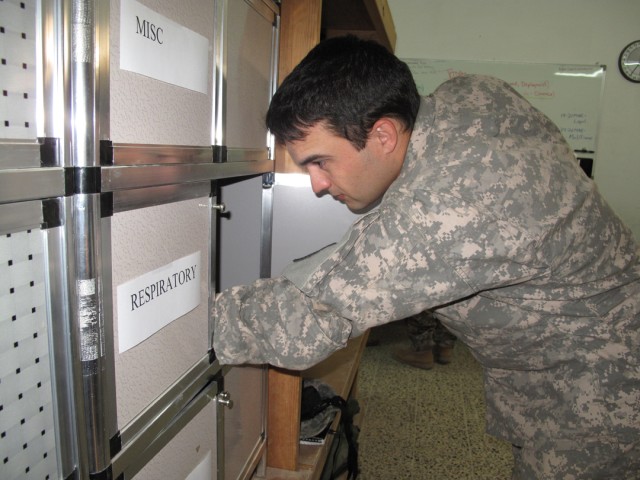
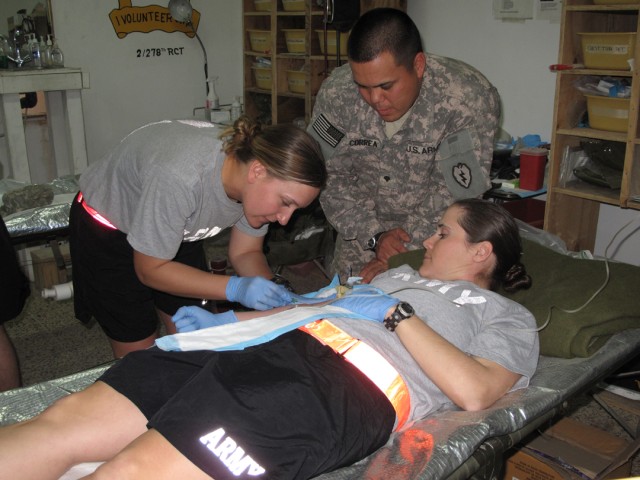
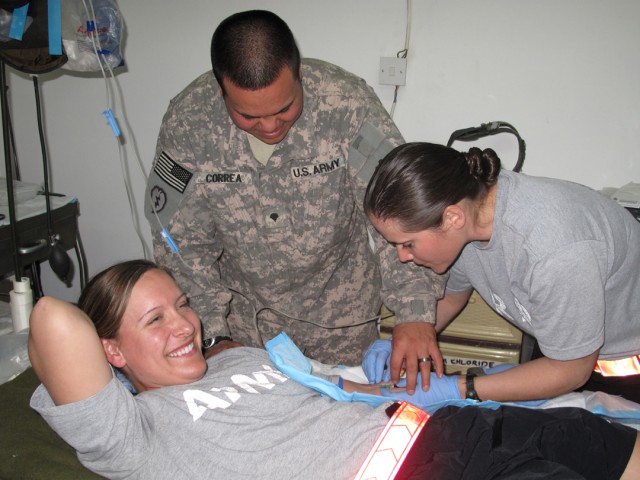
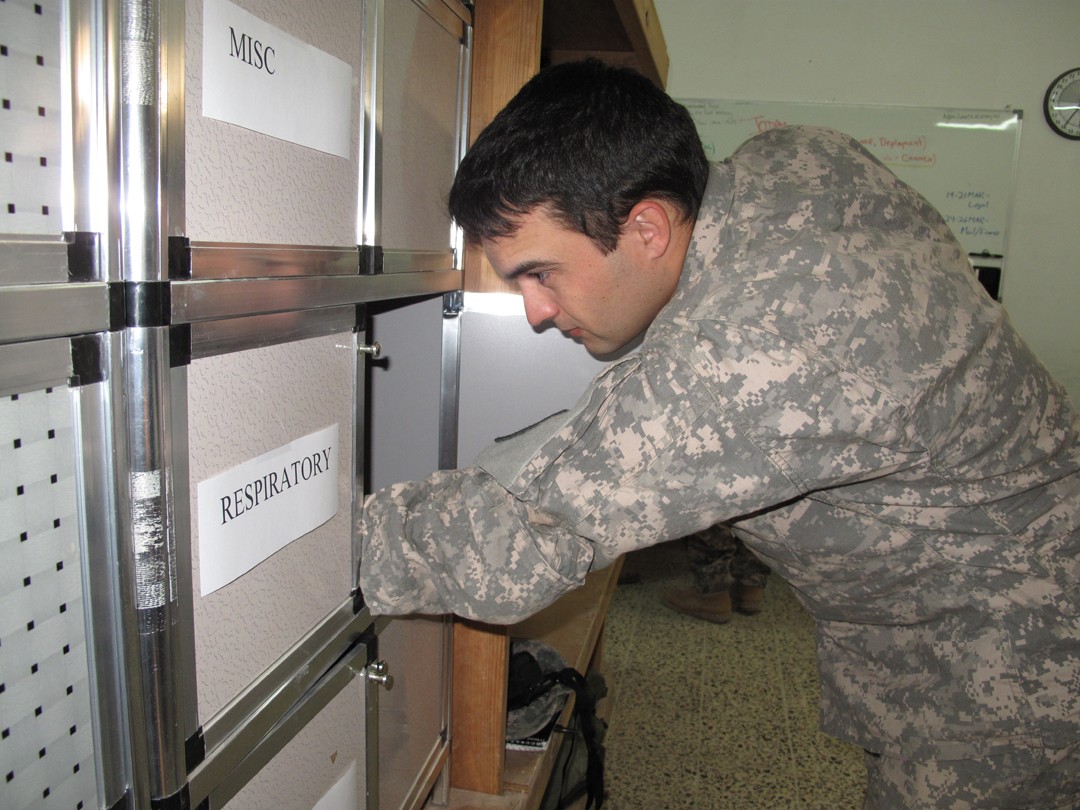
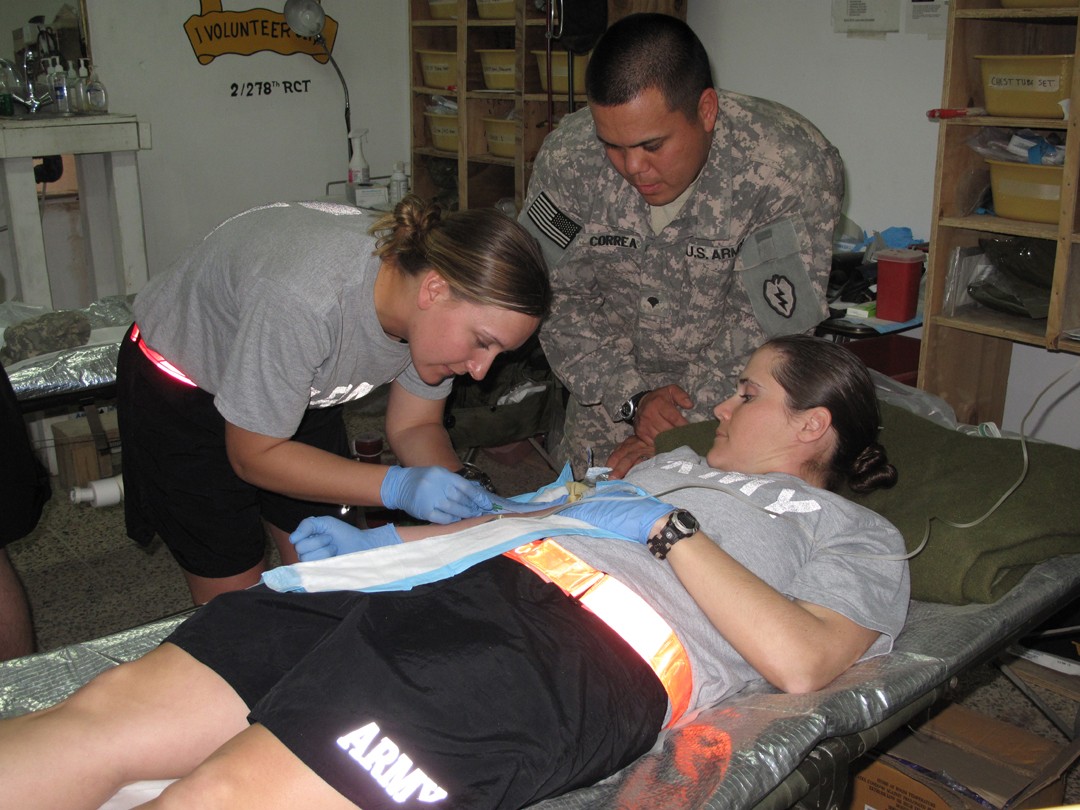
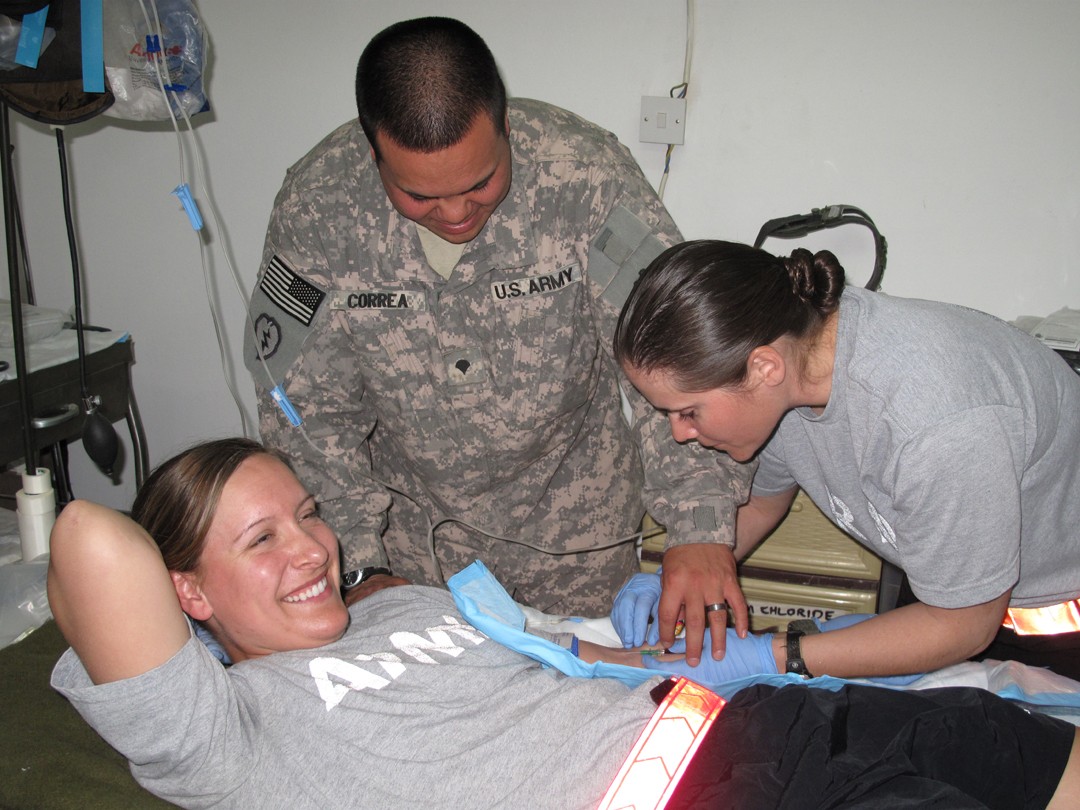
Social Sharing